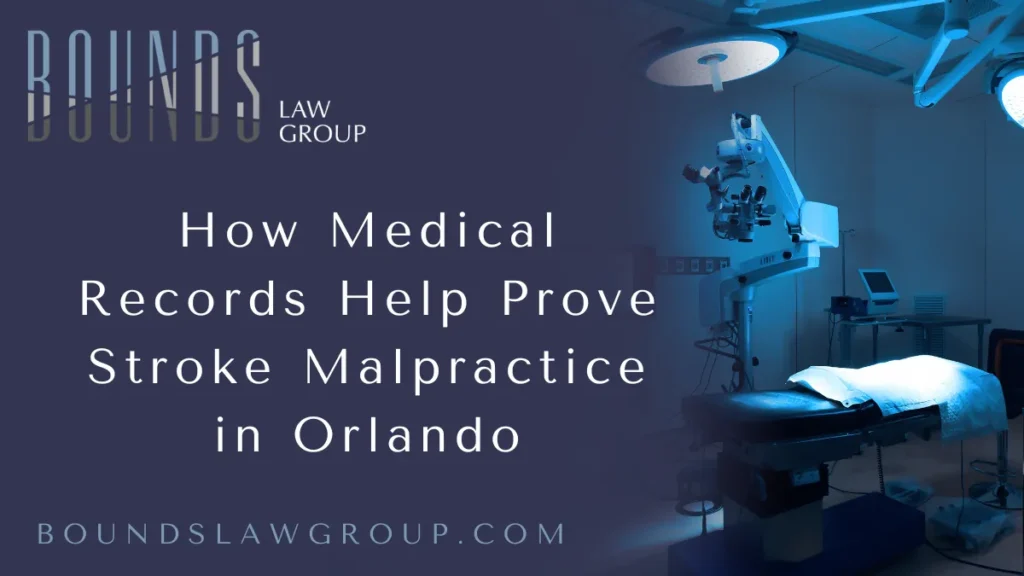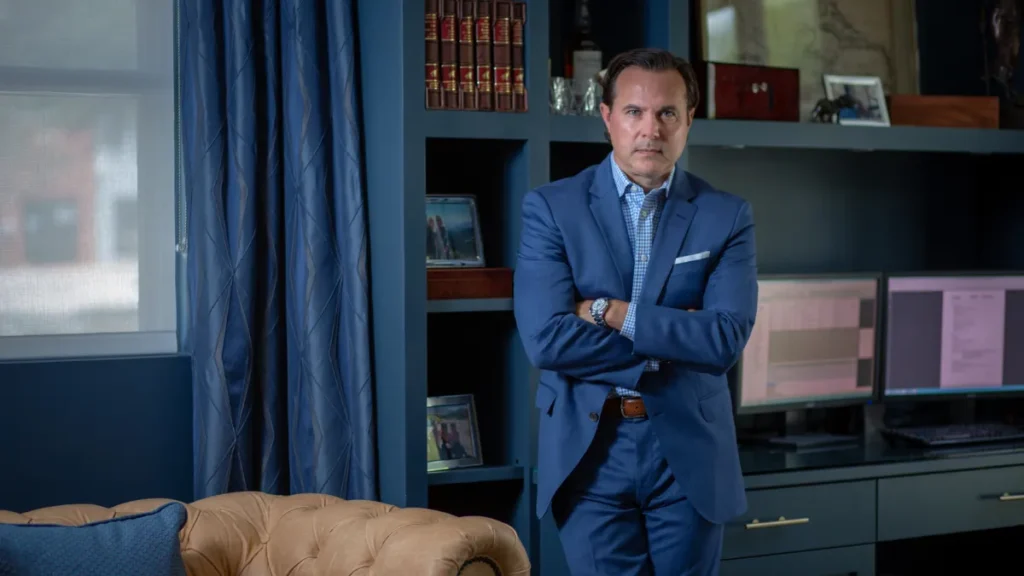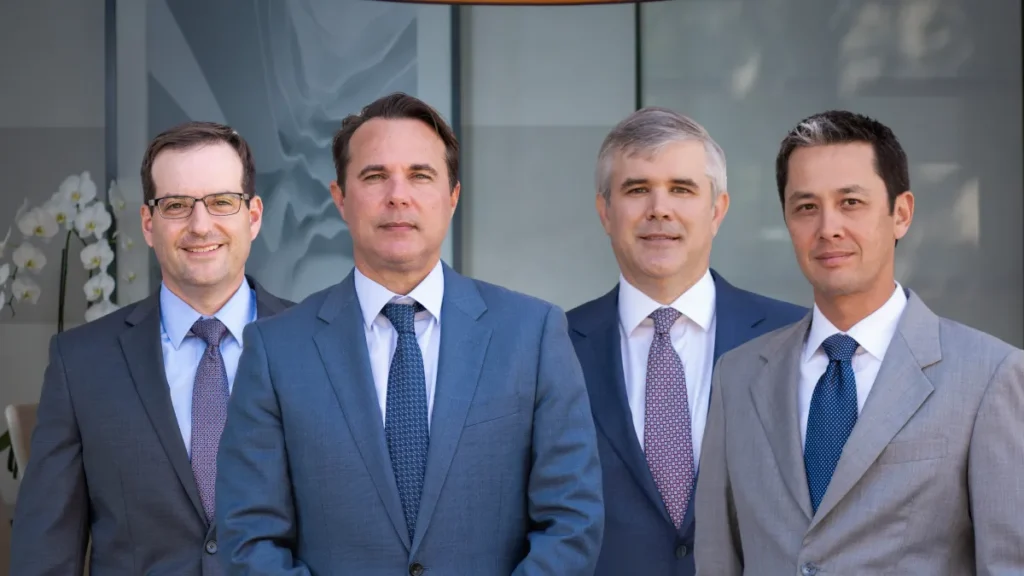
When facing the devastating aftermath of a stroke, patients and their families seek answers—especially when negligence may be involved. At Bounds Law Group, we know that one of the most critical elements in pursuing a malpractice claim is proving what went wrong. To prove stroke malpractice in Orlando, comprehensive and accurate medical records form the foundation of any strong legal case. These records can mean the difference between a denied claim and life-altering compensation.
Contact us today through our free case evaluation form or call 877-644-5122.
Why Medical Records Are Essential to Prove Stroke Malpractice in Orlando
Medical records serve as the official account of the patient’s entire medical journey—from the first symptoms to diagnosis, treatment, and follow-up care. They contain time-stamped notes, physician assessments, diagnostic tests, and medication orders that help identify failures in the standard of care. To prove stroke malpractice in Orlando, these documents provide objective evidence establishing whether appropriate protocols were followed.
At Bounds Law Group, we conduct a meticulous review of all records to identify omissions, delays, and errors that may have led to misdiagnosis or improper treatment. Stroke cases are extremely time-sensitive; therefore, any delay in action can have catastrophic consequences.
Key Medical Records Used to Prove Stroke Malpractice in Orlando
Emergency Room Documentation
Emergency room records provide the initial point of contact. These include triage notes, nurse and physician observations, and orders for imaging or medication. To prove stroke malpractice in Orlando, we analyze how long it took for a patient to be seen, what symptoms were recorded, and whether appropriate action was taken.
Failure to recognize common stroke symptoms—such as facial drooping, slurred speech, and sudden weakness—can amount to a breach of the standard of care.
Neurological Assessments
Stroke is a neurological emergency. Records from neurologists or ER physicians documenting motor skills, reflexes, cognition, and responsiveness are critical. Sometimes this information is missing or inconsistent, signaling potential negligence. These assessments help us prove stroke malpractice in Orlando by revealing whether providers ignored or misinterpreted key warning signs.
Imaging and Diagnostic Tests
CT scans, MRIs, and carotid ultrasounds are essential tools in diagnosing strokes. Medical records should show when these tests were ordered and how quickly results were reviewed. Delays in imaging or failure to interpret results correctly are strong indicators of malpractice. Our team carefully evaluates the timestamps and findings to build a solid timeline that supports your claim.
Medication Records
Administering tissue plasminogen activator (tPA), a clot-busting drug, within the critical 3 to 4.5-hour window can significantly reduce stroke damage. Medication records provide precise timing and dosage administered—or highlight failure to do so. These details are vital to prove stroke malpractice in Orlando, especially in ischemic stroke cases.
Nursing Notes and Shift Reports
Nurses play a key role in monitoring patients and escalating concerns. Shift reports and nursing notes often reveal important clues: vital sign trends, neurological changes, or complaints from the patient that may have been dismissed. In many cases, these notes are the only record of what truly happened before a catastrophic event.
Hospital Policies and Procedure Logs
To prove stroke malpractice in Orlando, it is not just about what happened—it is about what should have happened. Hospital stroke protocols, including Rapid Response Team logs and stroke activation procedures, can show deviations from the standard of care. Bounds Law Group often requests these internal documents to demonstrate systemic failures.

Audit Trails and Electronic Health Record (EHR) Metadata in Proving Stroke Malpractice in Orlando
In today’s digital medical environment, electronic health records (EHRs) and their audit trails play a pivotal role in helping to prove stroke malpractice in Orlando. While traditional medical records contain clinical data and physician notes, EHR systems store time-stamped metadata that reveals behind-the-scenes actions of healthcare providers—offering critical evidence that often goes unnoticed.
Audit trails document who accessed a patient’s chart, when changes were made, what was edited or added, and even how long a clinician reviewed specific test results. These logs are especially valuable in stroke malpractice cases, where minutes can mean the difference between recovery and permanent disability.
At Bounds Law Group, we routinely request and analyze EHR metadata to uncover:
- Delays in test result reviews (e.g., a CT scan available at 12:02 p.m. but not opened by a physician until 1:15 p.m.)
- Backdated or altered entries that suggest attempts to conceal negligence
- Lack of timely order entries for life-saving medications like tPA
- Communication gaps between providers—such as a neurologist being paged but never responding
These audit trails can refute a hospital’s defense or support claims that providers failed to act quickly and decisively. In cases where medical records are sanitized or incomplete, EHR metadata provides an unalterable record of provider behavior.
Bounds Law Group has the technical experience and legal strategy required to subpoena, interpret, and leverage this data effectively. This level of digital forensics strengthens our ability to prove stroke malpractice in Orlando with hard, indisputable evidence—giving your case a significant advantage in court or during settlement negotiations.
How We Analyze Medical Records to Build Your Stroke Malpractice Case
At Bounds Law Group, we work closely with board-certified neurologists and medical experts to review every aspect of the medical record. We examine whether:
- There was a failure to diagnose a stroke
- There was a delay in administering treatment
- Proper stroke protocols were not followed
- A misdiagnosis occurred due to incomplete testing
- There were communication breakdowns between departments
We utilize these findings to construct a timeline and causation argument that demonstrates how medical negligence directly contributed to the harm.
The Legal Standard: How Medical Records Help Establish Duty and Breach
Medical malpractice cases require proof that:
- A duty of care existed
- There was a breach of that duty
- The breach caused injury
- The injury led to damages
Medical records are central to all four elements. They help define what the standard of care is in stroke management and whether it was violated. When discrepancies exist—like a gap between symptom onset and action taken—they serve as critical leverage in negotiations or trial.
Common Stroke Malpractice Scenarios Documented in Records
- Misdiagnosed Stroke as Migraine or Vertigo: Many strokes, especially in younger patients or those without risk factors, are misdiagnosed. The records show what differential diagnoses were considered.
- Delay in Transfer to Stroke Center: Not every hospital is equipped for stroke care. Medical records may show a delay in transport that contributed to poor outcomes.
- Improper Discharge: If a patient was sent home with warning signs and suffered a full-blown stroke later, the discharge summary becomes key to proving negligence.
Why Medical Records Alone Aren’t Enough—and What Bounds Law Group Adds
While medical records provide the raw evidence, interpreting them in a legal context requires skill. Our firm understands how to:
- Cross-examine entries for contradictions
- Identify red flags in documentation gaps
- Use expert testimony to connect the medical record to legal causation
- Subpoena missing records or electronic audit logs
We don’t just gather documents—we build persuasive, medically sound cases that courts and insurers cannot ignore.

How You Can Help Your Case by Preserving Medical Records
If you or your loved one suffered a stroke due to suspected malpractice, act quickly. Request full copies of all medical records as soon as possible. Hospitals may retain data for limited periods. Also, document names of attending staff and ask for any discharge instructions or incident reports.
If you’re unsure what to request, we can help. At Bounds Law Group, we take over the process to ensure no critical piece of evidence is missed.
Schedule a Review With Bounds Law Group Today
Proving stroke malpractice in Orlando is complex—but you don’t have to do it alone. At Bounds Law Group, we have decades of experience uncovering the truth hidden in medical records. If you suspect malpractice, complete our free case evaluation form or call us now at 877-644-5122. We are here to help you get answers, accountability, and justice.
Sources
- National Institutes of Health – Stroke Guidelines
Comprehensive clinical guidelines and treatment protocols for stroke care, published by NIH.
https://www.stroke.nih.gov/ - American Stroke Association – Stroke Diagnosis and Treatment
Offers expert-approved information on stroke warning signs, emergency response, and treatment standards.
https://www.stroke.org/en/about-stroke - Florida Board of Medicine – Standards of Medical Practice
Regulatory body overseeing physician conduct and malpractice standards in Florida.
https://www.flhealthsource.gov/

